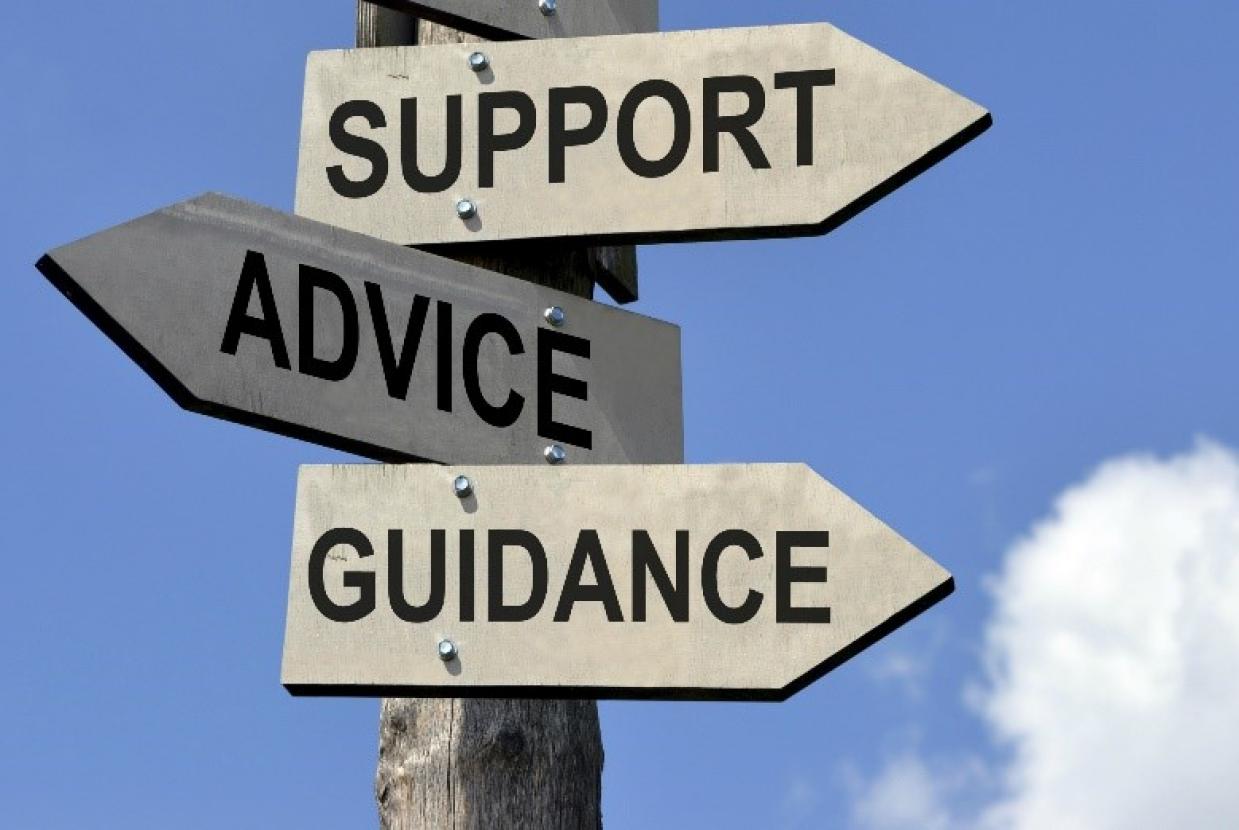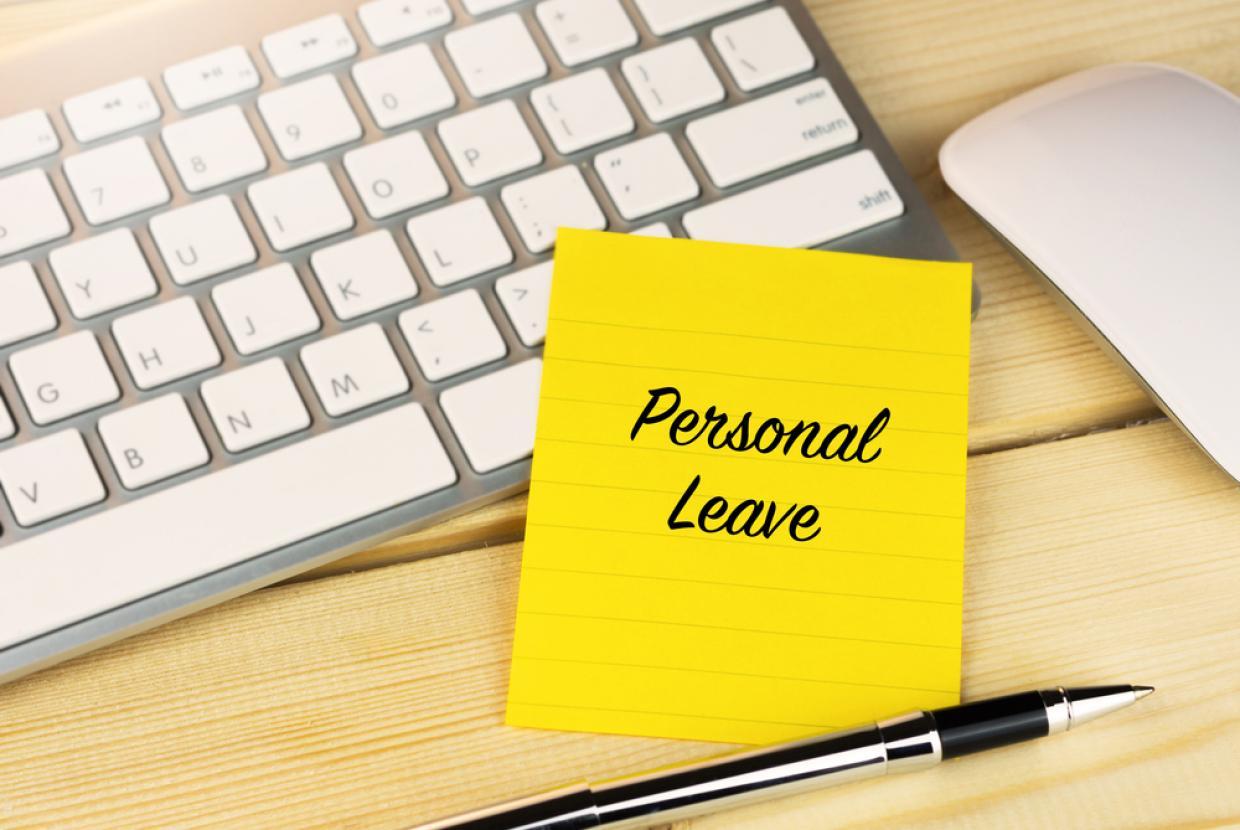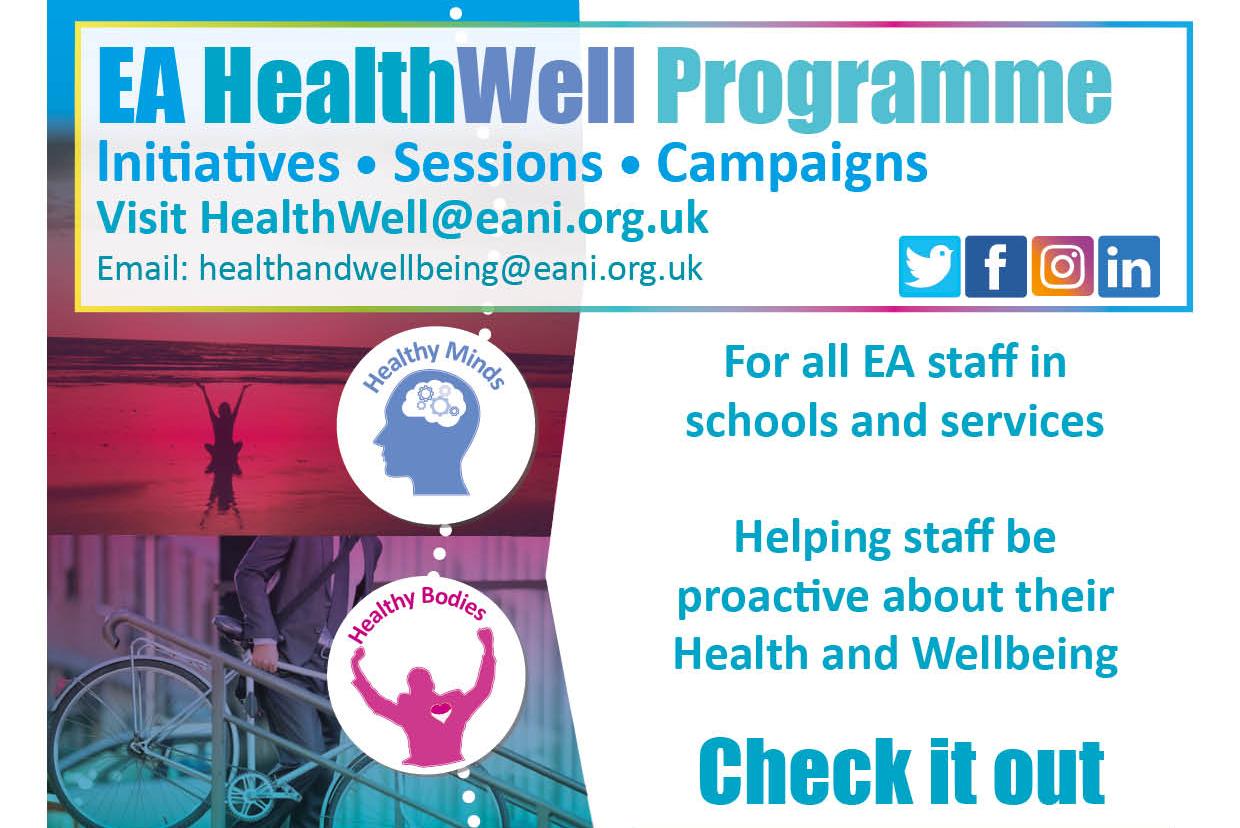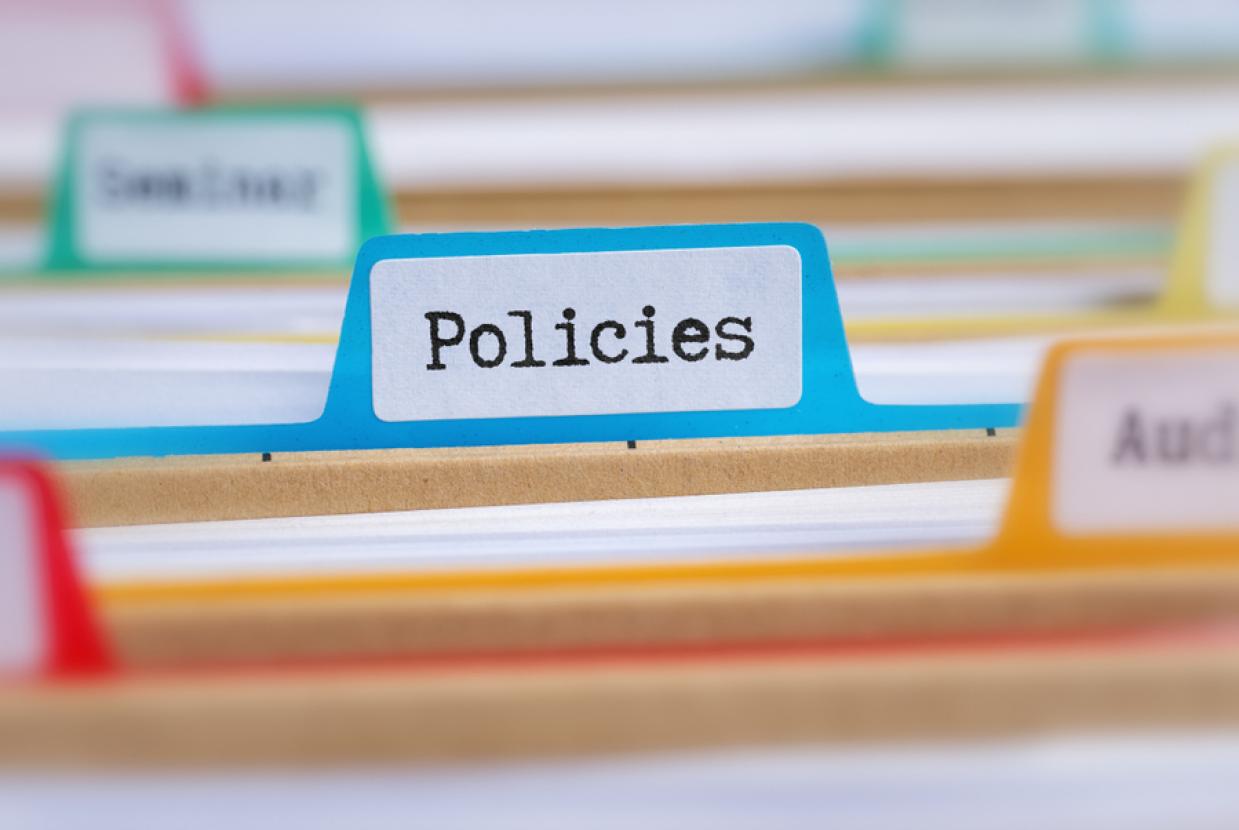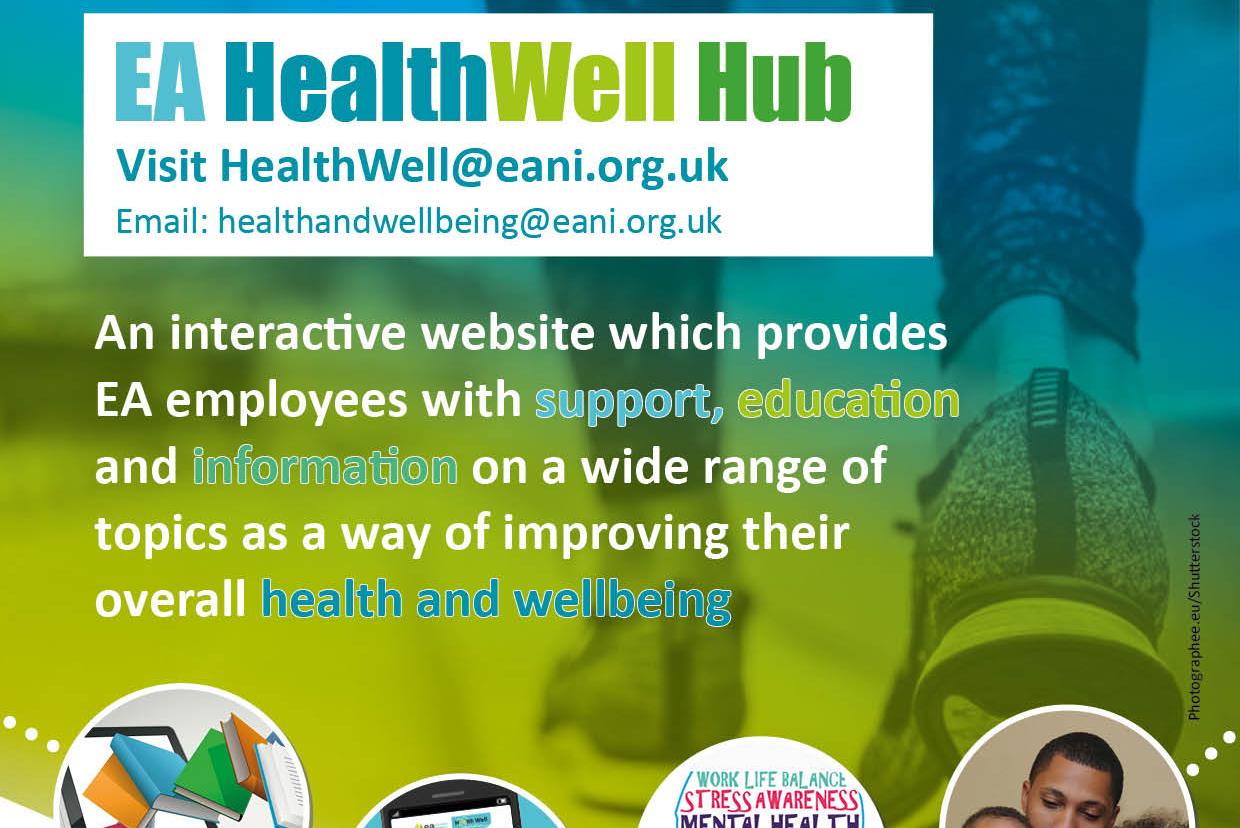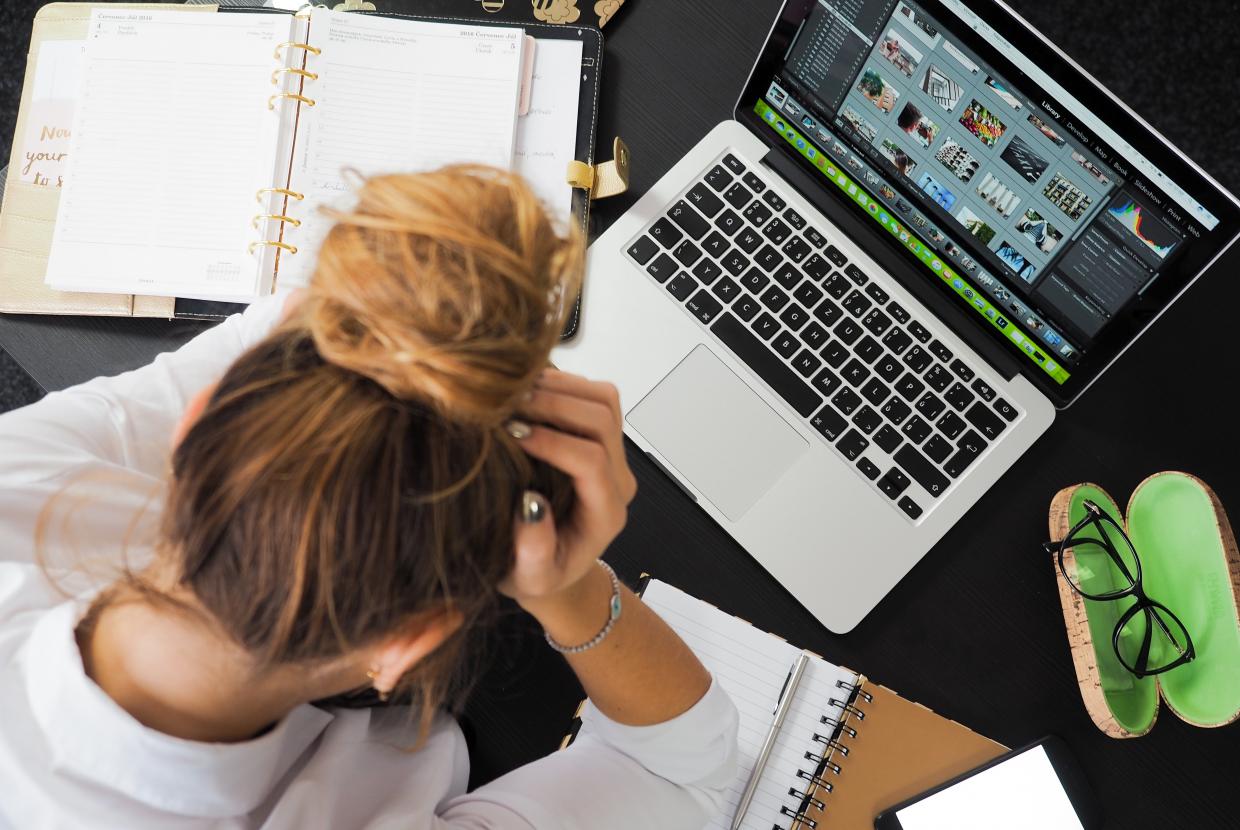Stress & Mental Health At Work And Home
A person can experience excessive pressure and demands outside work just as much as they can at work. Stressors at home can affect those at work and vice versa. It is difficult to control outside stressors, but you need to take a holistic approach to employee well-being. To manage work-related stress effectively, you need to recognise the importance and interaction of work and home problems.
Work-related stress is the adverse reaction people have to excessive pressures or other types of demand placed on them at work.
Mental health
Mental health is how we think, feel and behave. Common mental health problems are those that:
- are most frequent and more prevalent
- are successfully treated in primary care settings like GPs rather than by specialists such as Psychiatrists
Anxiety
Anxiety is an unpleasant feeling when you feel worried, uneasy or distressed about something that may or may not be about to happen.
Depression
Depression is when you have feelings of extreme sadness, despair or inadequacy that last for a long time.
Common Mental Health Problems (CMHP)
One person in four in the UK will have a mental health problem at some point in their life. While mental health problems are common, most are mild. The family doctor and primary healthcare team can usually deal with them without referring the person for specialist help.
Anxiety and depression are the most common mental health problems. Often these are a reaction to a difficult life event, for example moving house, bereavement, or problems at work.
CMHPs tend to be short-term and are generally treated by medication from a GP. The GP will review this treatment and if there is no improvement, consider referring to a specialist.
How CMHPs and work-related stress go together
Work-related stress and mental health often go together. The symptoms of stress and common mental health problems are similar, for example, loss of appetite, fatigue and tearfulness can be symptoms of both.
Work-related stress may trigger an existing mental health problem that the person may otherwise have successfully managed without letting it affect their work.
For people with existing mental health issues, work-related stress may worsen their problem. If work-related stress reaches a point where it has triggered an existing mental health problem, it becomes hard to separate one from the other.
Dealing with my mental health
If you already feel under pressure, it’s hard to distinguish when that ‘stress’ turns into a ‘mental health problem’ and when an existing mental health problem becomes aggravated by stress at work.
Many of the symptoms of stress and a mental health condition are similar; the key differences are in the severity and duration of the symptoms and the impact they have on your everyday life. The majority of people with mental health problems are diagnosed and treated by their GP and most continue to work productively. In fact, evidence shows that staying in work can be of great benefit to those affected.
What can I do if I think I'm stressed?
There are many organisations that may be able to help you with the issues that are causing your stress.
If you think you are suffering from any mental health problem or any of the symptoms identified in the table above, it may be advisable to speak to your GP. It is also a good idea to talk to your line manager, Human Resources department or Occupational Health provider. It is important to take action and to review your lifestyle to see if you can identify any contributing factors:
- eating on the run, or in a disorganised manner
- smoking, or drinking excessively
- rushing, hurrying, being available to everyone
- doing several jobs at once
- missing breaks, taking work home with you
- having no time for exercise and relaxation
Stress at work is a reaction to events or experiences at work. Common mental health problems can arise through causes outside work for example , for example, bereavement, divorce, post-natal depression. However, people can have common mental health problems with no obvious causes. For more information, visit - www.hseni.gov.uk.
Articles & Videos
Upcoming Events
- ‹ previous
- 1
- 2





